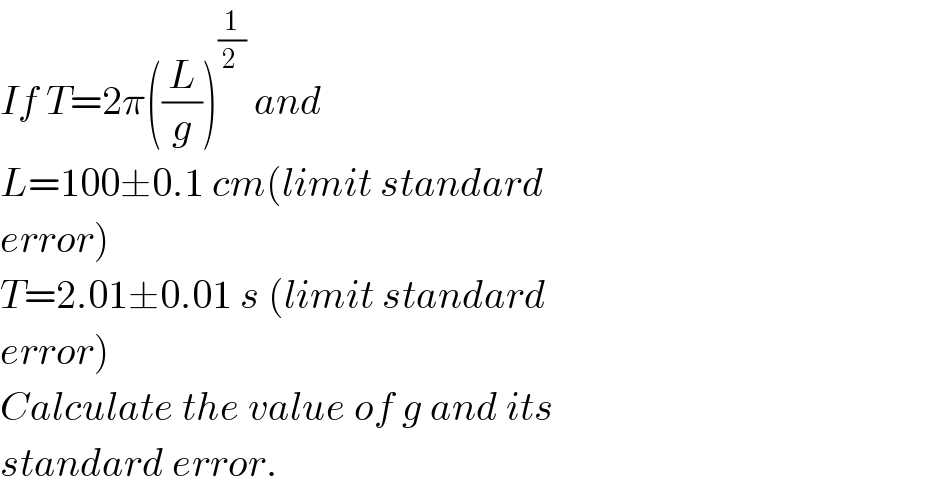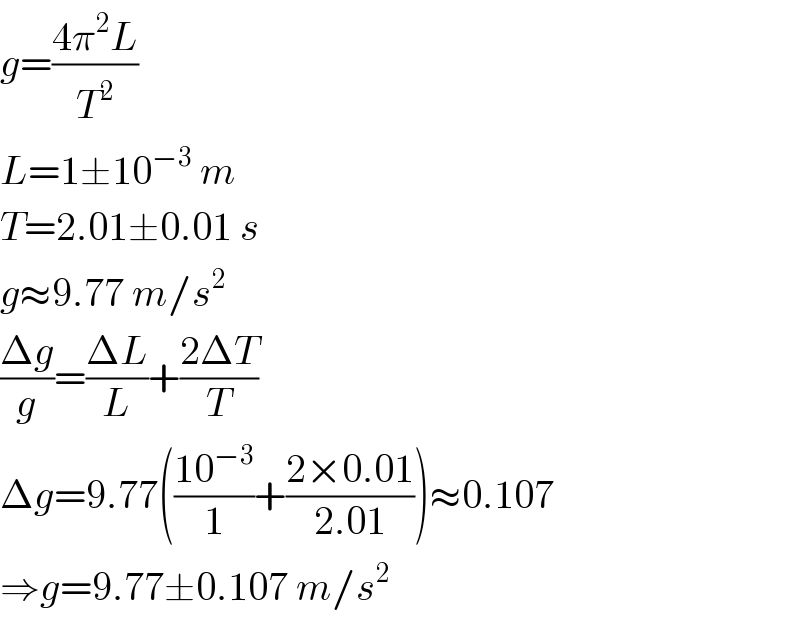
Question and Answers Forum
Question Number 28929 by NECx last updated on 01/Feb/18

Answered by Tinkutara last updated on 02/Feb/18

Commented by NECx last updated on 03/Feb/18

Commented by NECx last updated on 08/Feb/18

| ||
Question and Answers Forum | ||
Question Number 28929 by NECx last updated on 01/Feb/18 | ||
 | ||
Answered by Tinkutara last updated on 02/Feb/18 | ||
 | ||
| ||
Commented by NECx last updated on 03/Feb/18 | ||
 | ||
Commented by NECx last updated on 08/Feb/18 | ||
 | ||